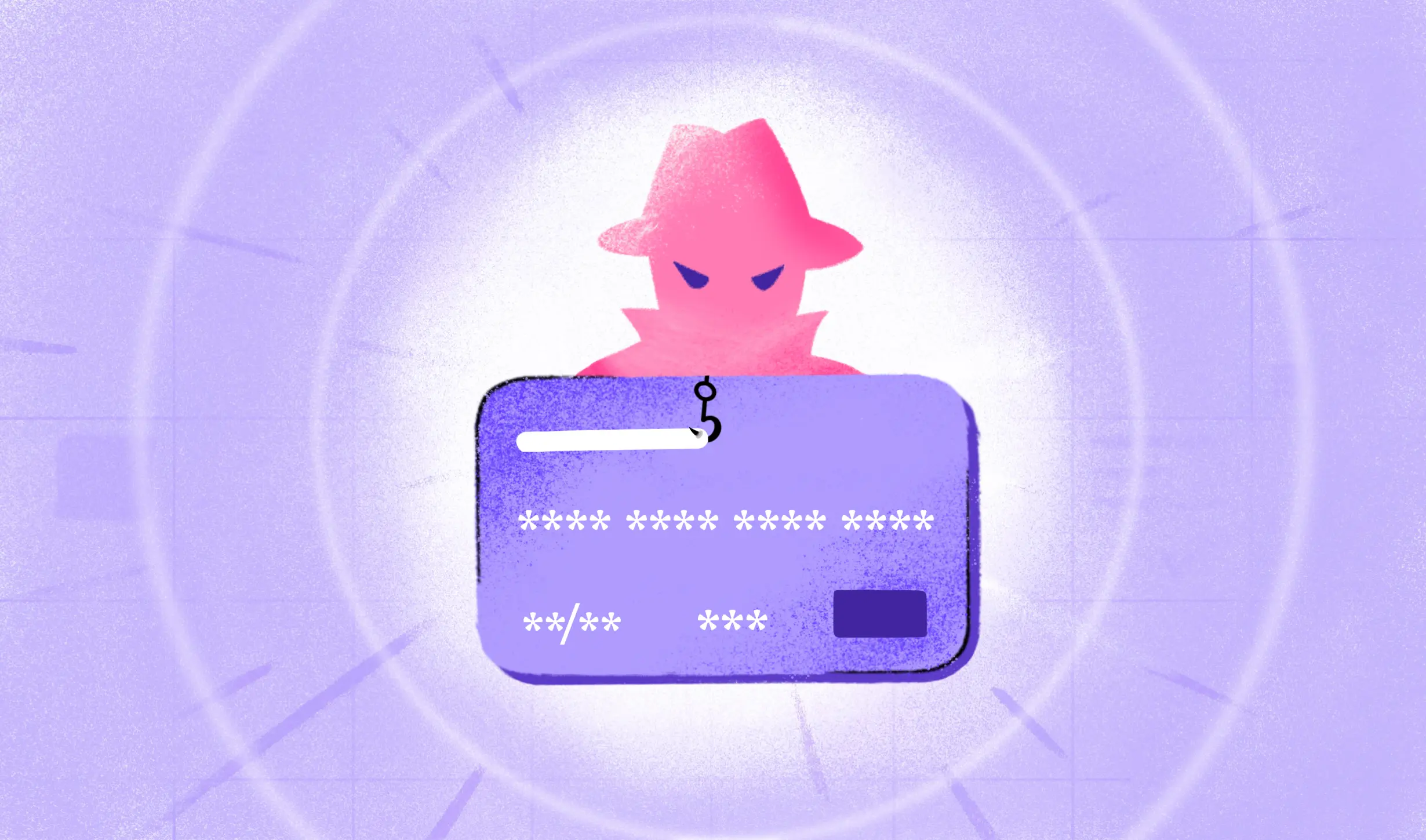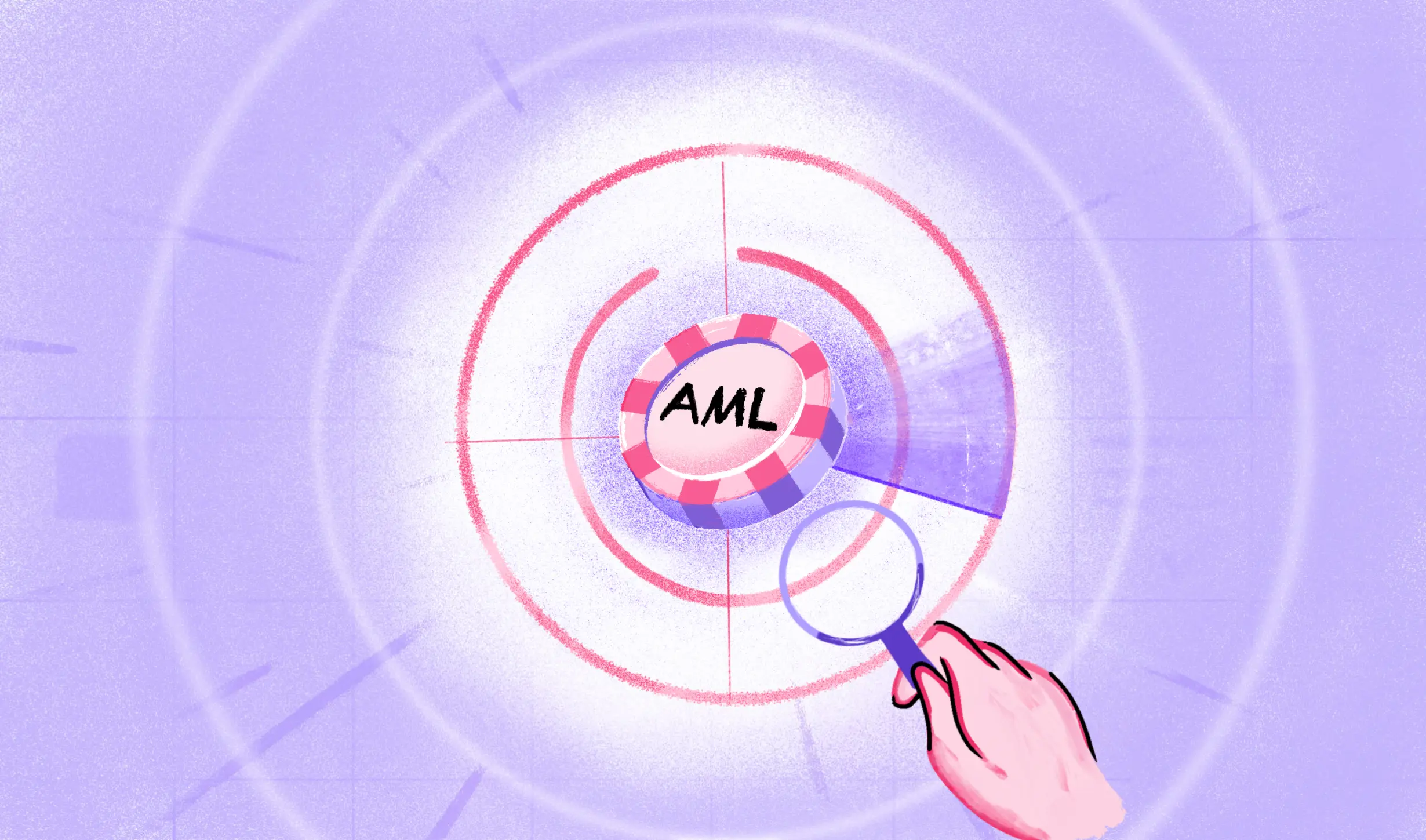In terms of KYC guidelines and regulations, institutions are now subject to a higher standard of compliance. The battle against financial crimes and money laundering heavily relies on the concept of KYC (Know Your Customer). For financial institutions, the global anti-money laundering (AML) and countering the financing of terrorism (CFT) landscape raises enormous stakes.
A series of ever-more-complex regulations known as KYC is required of financial institutions (including banks, credit unions, and Fortune 50 financial enterprises) for customer identification verification.
Due to these regulations, almost every organization, platform, or group that engages in communication with a banking institution to create an account or conduct transactions is required to adhere to these requirements.
The “Know Your Customer” (KYC) process is a collection of steps for confirming a customer’s identification prior to or during business transactions with banks and other financial institutions.
What is KYC, and why is it important?
The Know Your Customer (KYC) standard due diligence technique is used by financial institutions and other providers of financial services to assess and monitor customer risk and verify a customer’s identity. KYC verifies that a customer is who they say they are.
Customers must provide KYC documentation attesting to their identity and address. Verification credentials could take the form of ID card verification, facial verification, biometric verification, and/or document verification. Utility bills are examples of acceptable documents for confirming your address..
KYC is an essential element in determining if a customer can meet the organization’s criteria for using its services and evaluating customer risk. Law also mandates compliance with anti-money laundering (AML) regulations. Financial organizations must make sure that no customers are exploiting their services for illegal purposes.
KYC guidelines aid in preventing financial crimes such asterrorism funding, financial fraud, embezzlement, identity fraud, and others. Penalties for non-compliance could be severe. The current KYC guidelines adopt a risk-based strategy to combat financial crime, money laundering, and identity theft:
- Identity Theft: Financial firms can establish a customer’s legal identification with the help of KYC. This can stop identity theft and the creation of fraudulent accounts using stolen or falsified papers.
- Money Laundering: Dummy accounts in banks are used by both organized and unorganized criminal groups to keep the money for drugs, smuggling, extortion, human trafficking, and other offences. These criminal organizations try to escape detection by dispersing the funds among multiple accounts.
- Financial fraud: KYC is intended to prevent unethical financial practices like applying for a loan with a fake or stolen ID and receiving funds using fictitious accounts.
KYC guidelines for opening a bank account
Financial organizations are required to conduct a KYC, or “know your customer,” verification process in order to reduce unlawful activity. You must comply with the KYC guidelines for any kind of financial transaction. You must provide information about your identification, address, and financial background to the financial institution for the completion of the KYC verification process. This will assure the bank that the account opened is genuine and will not be used for any unlawful purposes.
The two primary required KYC documents are proof of address and identity verification with a photo. When creating an account, such as a savings account, fixed deposit, mutual fund, or insurance, these are needed to verify an individual’s identity.
For Identity Proof
- PAN card
- Driving license
- Voter’s identity card
- Central/state government-issued ID card
- Ration card with photograph
- Bank passbook bearing photograph
- Employee identification card
- University or board of education ID card
For Address Proof
- Electricity bill (not older than 6 months)
- Telephone bill (not older than 6 months)
- Passport
- Driving license
- Voter’s ID card
- Gas bill
- Credit card statement
- House purchase deed
- Lease agreement with rent receipt
- Employer’s certificate
Read more: What is the KYC form?
Challenges encountered while adhering to KYC guidelines
Lack of efficiency in KYC processes can lead to difficulties including rising expenses, prolonged onboarding procedures, and low conversion rates.
To maintain compliance with AML and KYC guidelines, it is vital to put effective KYC processes in place.
However, because their AML and KYC processes are inadequate, many organizations waste vast sums of money and many man-hours.
Customers often encounter the following challenges while completing the KYC process:
- Geographical constraints: Customers must physically submit the application form and the required documents as part of the standard KYC process. Customers can only choose banks nearby as a result, given their current geographic location.
- Lengthy documentation: Traditional KYC is a time-consuming process that involves lots of documentation. Long application forms, photocopies of identification and residence documents, and additional paperwork like utility and bank statements are often required.
- Onboarding delay: Generally, onboarding is a time-consuming procedure. Given the delays in screening and onboarding, customers in need of immediate funds frequently turn to alternative (informal) sources with higher interest rates.
- Abrupt ending of the onboarding process: Due to the lengthy KYC process, many customers frequently abandon the onboarding in the middle. In this process, financial institutions also lose creditworthy clients.
- Cost of compliance: Traditional KYC has significant costs since it sometimes requires a customer to travel to the bank physically, obtain multiple documents, and other steps that consume their time and money. Financial institutions also invest a lot of money in KYC verification, which adds to clients’ costs in the form of processing and service fees.
Epilogue
KYC regulations have wide-ranging effects on both financial organizations and customers. These requirements were established to combat financial crime, money laundering, the funding of terrorism, and other unlawful financial activities. A risk-based strategy combined with KYC can help reduce the possibility of fraudulent activity and guarantee a better customer experience.
AML and KYC compliance solutions at Hyperverge can assist you in demonstrating to authorities that you treat financial crime and compliance seriously. Additionally, it can aid in the battle against financial crime and regulatory compliance.
Contact the KYC compliance specialists at Hyperverge today if you’re interested in learning more about how you can fulfill your requirements while keeping the process as simple as possible for your customers.
FAQs
What is KYC?
When opening a bank account, the customer’s identity must be identified and verified through a process called KYC.
Why is KYC needed?
According to the law, financial institutions must use KYC to verify a customer’s identification and pinpoint risk concerns. KYC procedures aid in preventing financial crimes such as identity theft, money laundering, financial fraud, financing of terrorism, and others.
What documents are required for the KYC process?
PAN card, voter’s ID card, driving license, and passport are a few of the documents required.
How long is the KYC process?
The online KYC registration process may take less time than the offline KYC process, which takes around a week to complete. However, this can change depending on a number of variables, such as if the application form contains any mistakes, inconsistencies, or ambiguities.

 US
US
 IN
IN









